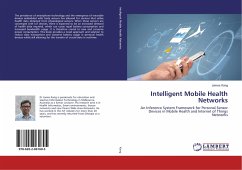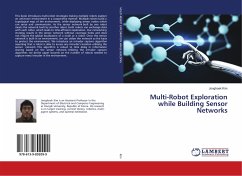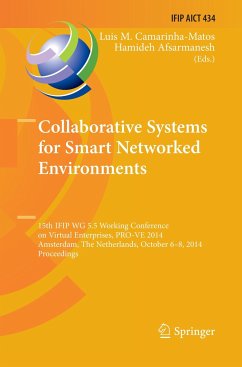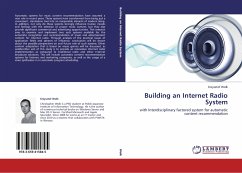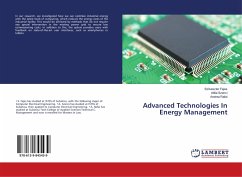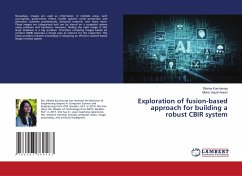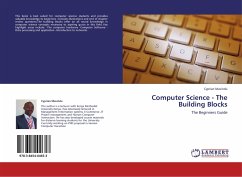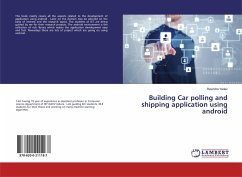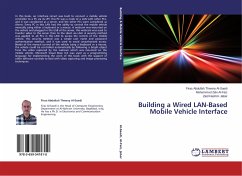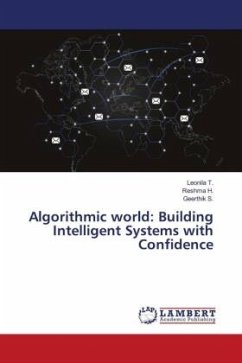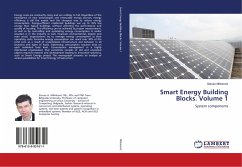
Smart Energy Building Blocks. Volume 1
System components
Versandkostenfrei!
Versandfertig in 6-10 Tagen
62,99 €
inkl. MwSt.

PAYBACK Punkte
31 °P sammeln!
Energy costs are constantly rising and are unlikely to fall. Regardless of the emergence of new technologies and renewable energy sources, energy efficiency is still the easiest and the cheapest way to reduce energy consumption. Energy-efficient residential buildings use up to 35% less energy than typical buildings, without affecting the performance and quality of housing. This efficiency can be achieved by proper measurement, as well as by controlling and optimizing energy consumption. A similar situation is in the industry as well. Financial, environmental, logistic and even social, organiza...
Energy costs are constantly rising and are unlikely to fall. Regardless of the emergence of new technologies and renewable energy sources, energy efficiency is still the easiest and the cheapest way to reduce energy consumption. Energy-efficient residential buildings use up to 35% less energy than typical buildings, without affecting the performance and quality of housing. This efficiency can be achieved by proper measurement, as well as by controlling and optimizing energy consumption. A similar situation is in the industry as well. Financial, environmental, logistic and even social, organizations try to manage energy consumption as their operating costs. Excessive energy consumption can reach over 30% of the total cost, as a result of unoptimized infrastructure and behavior in all locations and types of loads. Optimizing consumption requires data on each individual load level. Consumption management in a highly distributed organization that sometimes consists of old and unrelated objects requires research and development leading to innovative solutions, such as Smart Energy project. This monograph presents an analysis of various possibilities for Smart Energy infrastructure.



